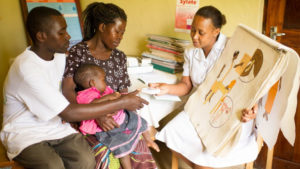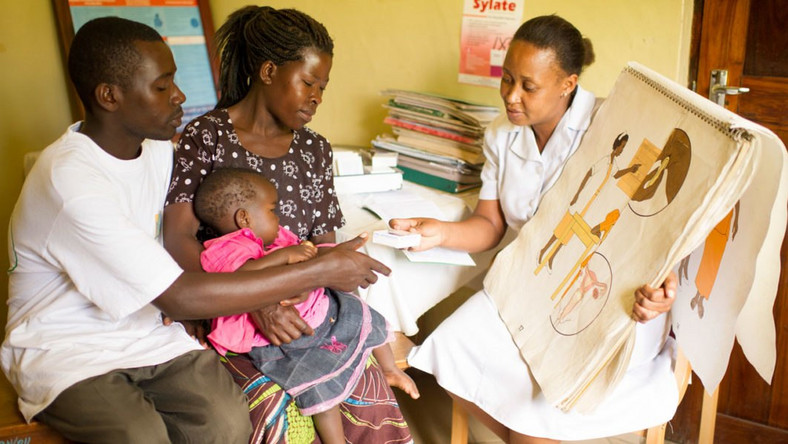‘6.5 million Nigerian women use modern method of contraception’
By Haruna Gimba
A ground-breaking report on family planning in the world’s 69 lowest-income countries today shows that more women and girls have access to family planning than ever before.
It reveals that 314 million women and girls are now using modern contraception, with 53 million new users in the last seven years, and 9 million in the past year alone.
 While Nigeria has over 6.5 million women using a modern method of contraception, it is the second slowest growing country in West Africa when it comes to the uptake of modern contraception.
While Nigeria has over 6.5 million women using a modern method of contraception, it is the second slowest growing country in West Africa when it comes to the uptake of modern contraception.
FP2020: Women at the Centre has been produced by Family Planning 2020 (FP2020) – a global partnership that supports the rights of woman and girls to decide – freely and for themselves – whether, when, and how many children they want to have.
Launched on the side-lines of the International Conference on Population and Development (ICPD) in Nairobi, FP2020’s latest report is part of the 25-year arc of progress that has lifted hundreds of millions of women and girls since the Cairo Summit in 1994.
Nigeria was part of the first group of countries to commit to the FP2020 partnership when it launched in 2012. Since then, the country has made steady progress toward increased uptake of family planning.
Challenges remain significant as FP2020 approaches a key timebound deadline. Progress must keep pace to unlock the fullness of human potential
While progress has been significant, FP2020 approaches its deadline year and the initial numeric goal of reaching an additional 120 million women and girls has yet to be realized. The challenge of putting women and girls at the centre of development remains critical.
There are 926 million women of reproductive age today across the 69 FP2020 countries – 100 million more than there were in 2012. With this number expected to surpass 1 billion in 2025, millions more women will need vital family planning services.
In Nigeria, a woman gives birth to an average of 5.5 children in her lifetime. The population of women of reproductive age in Nigeria makes up roughly half of all women of reproductive age West Africa.
Although Nigeria’s modern contraceptive prevalence rate (MCPR) is growing at roughly the average rate of FP2020 focus countries as a whole – 0.3 percentage points per year – Nigeria remains the second slowest growing country in West Africa.
The estimated percentage of women with an unmet need for a modern method of contraception (married/in-union) stands at 23.7% in 2019.
As the global community looks ahead to the post-2020 framework, the importance of putting women and girls at the centre of development is paramount.
More work is ahead, and the challenge will be to deepen existing commitments and approaches to ensure that the needs and rights of women and girls around the world are met and respected.




